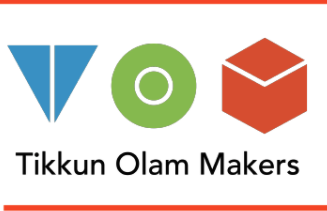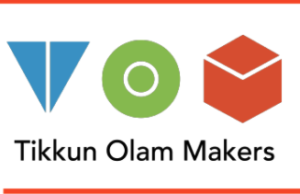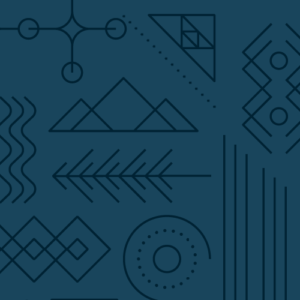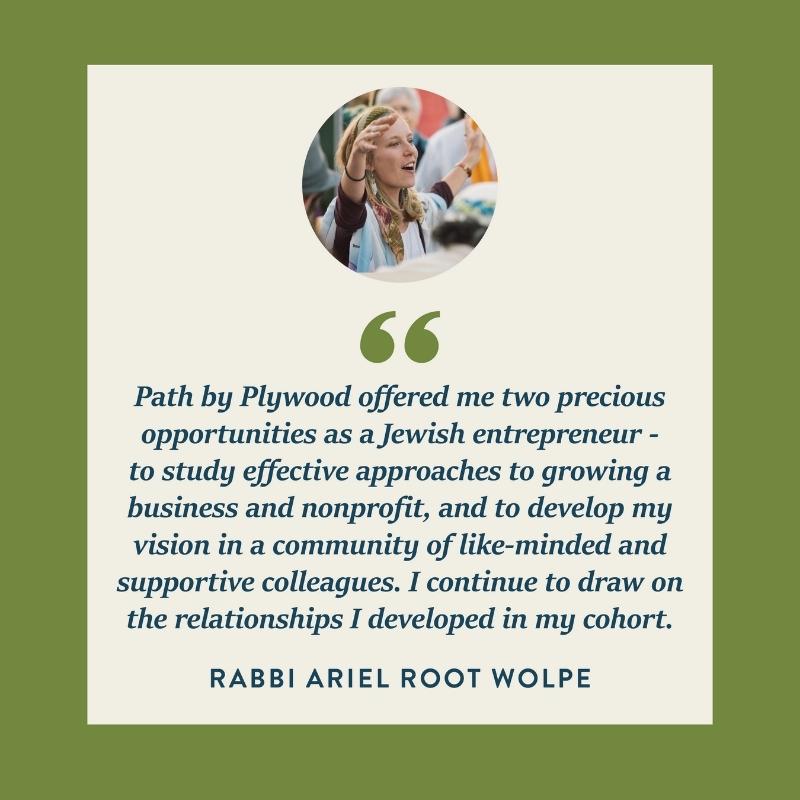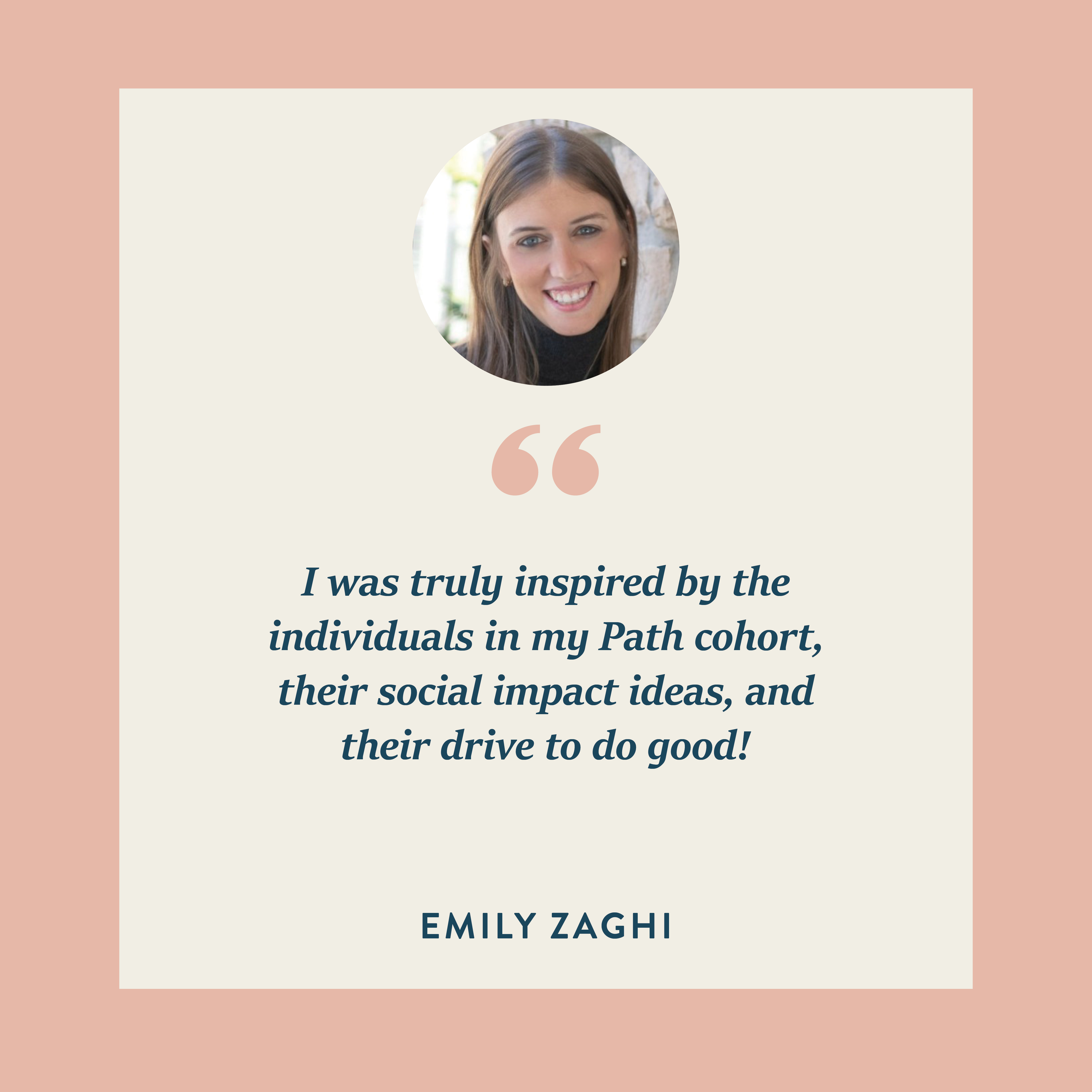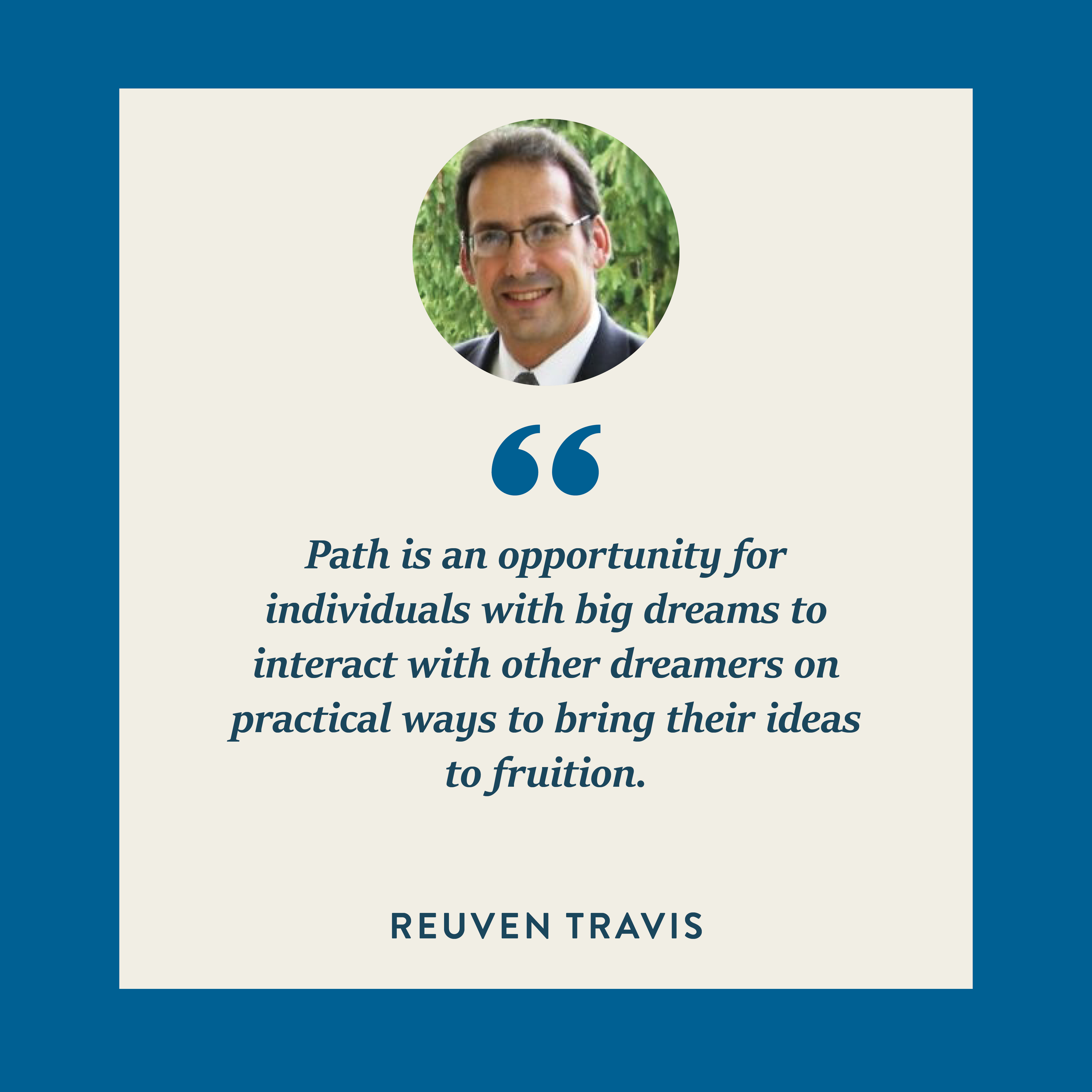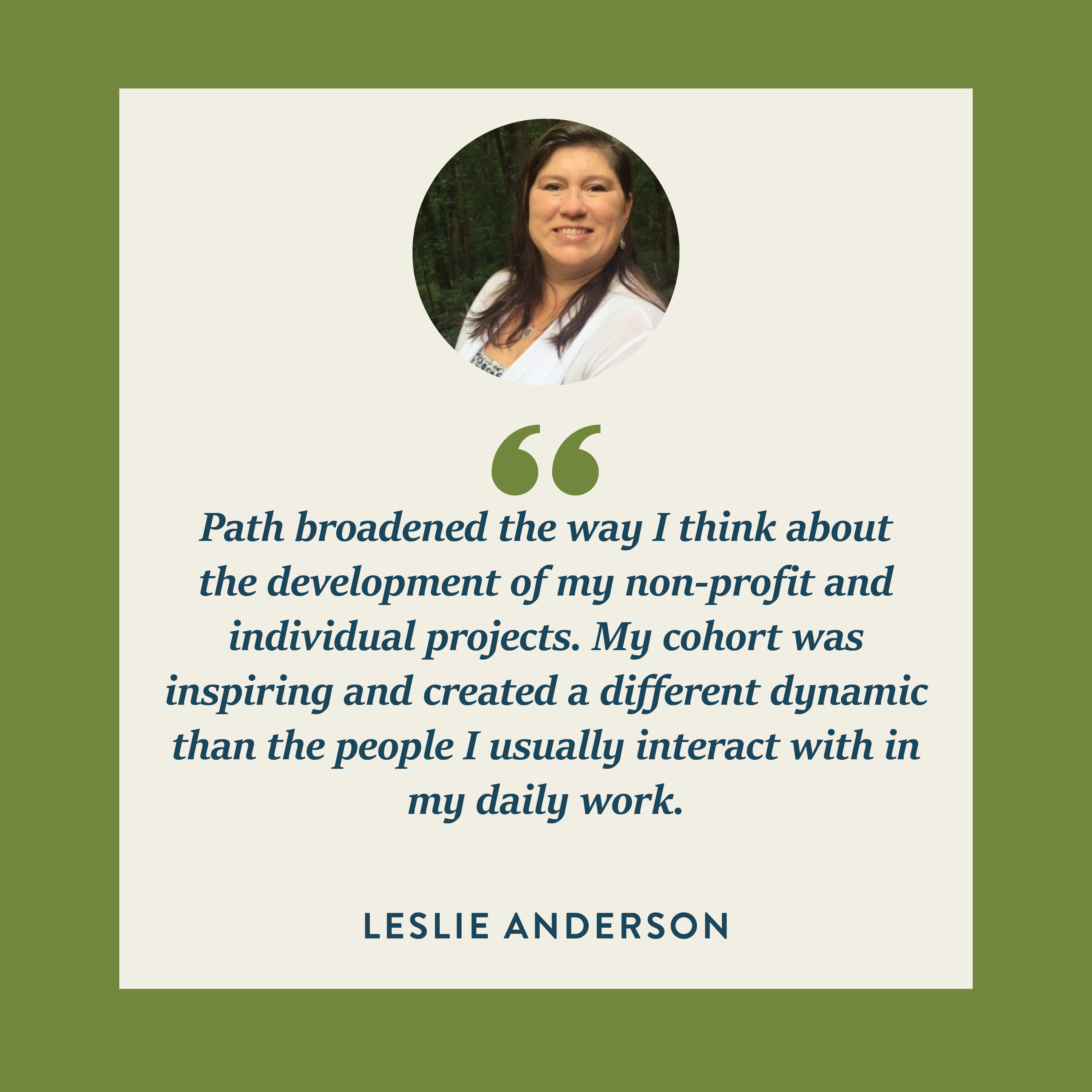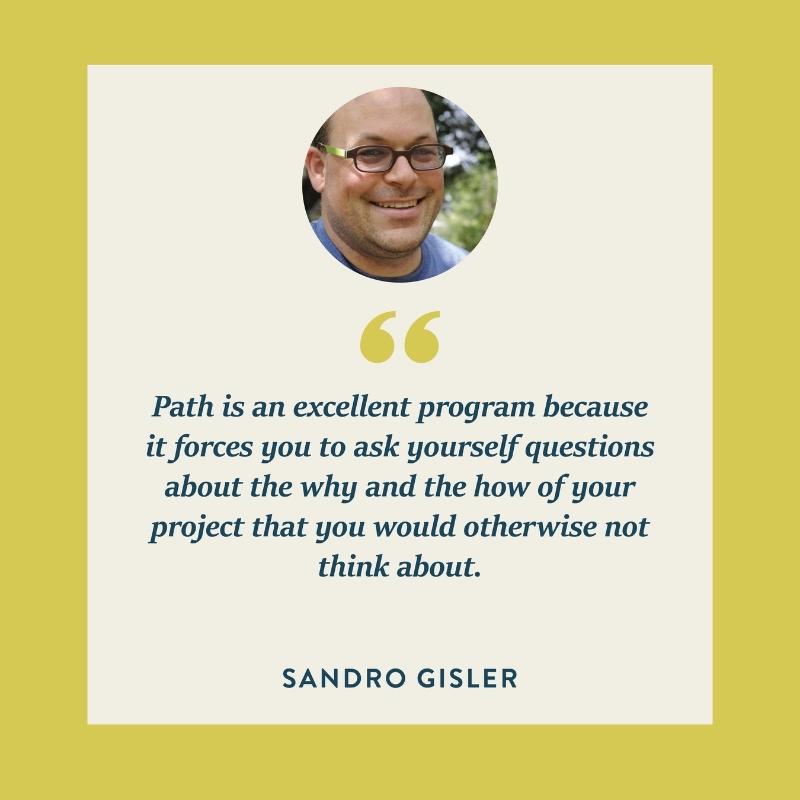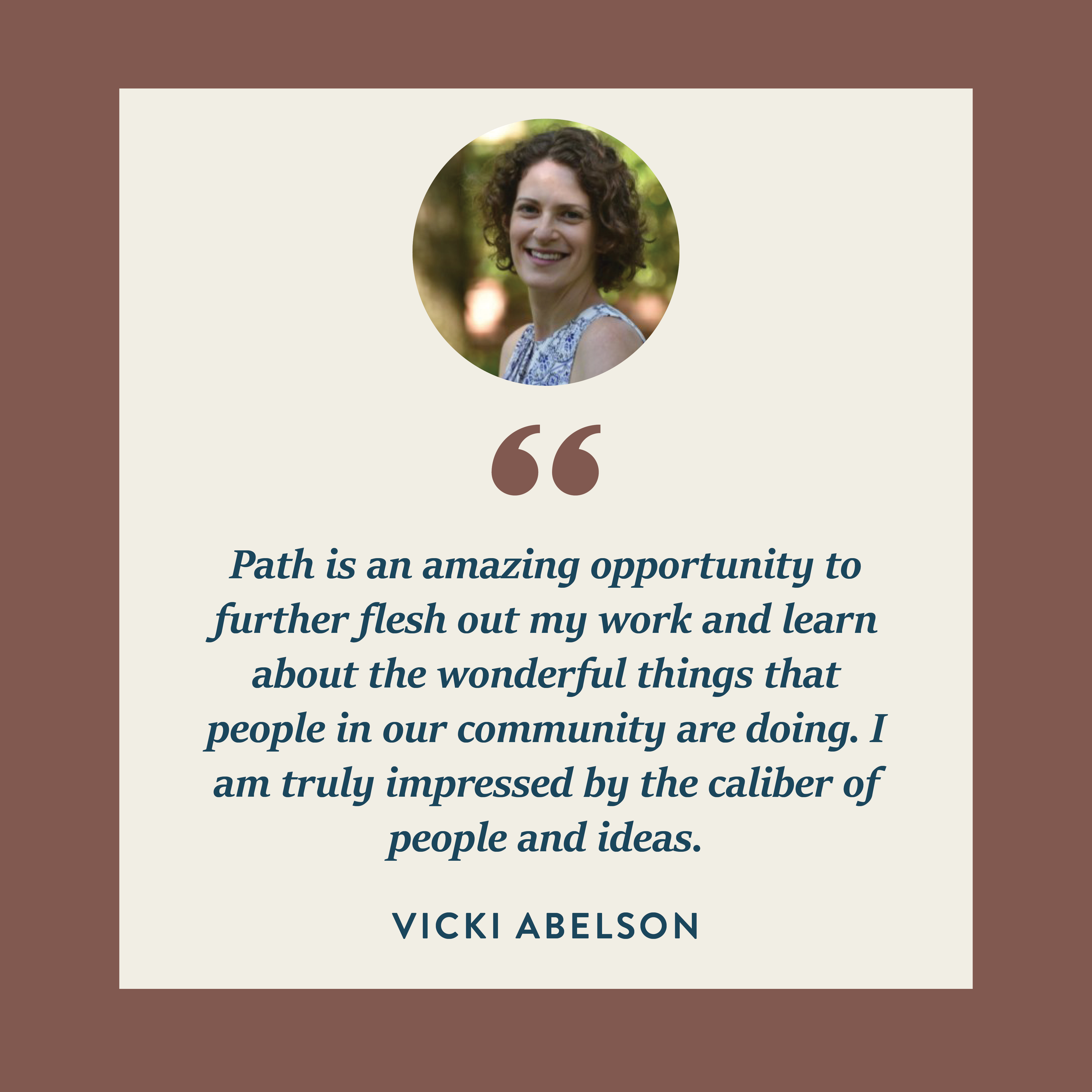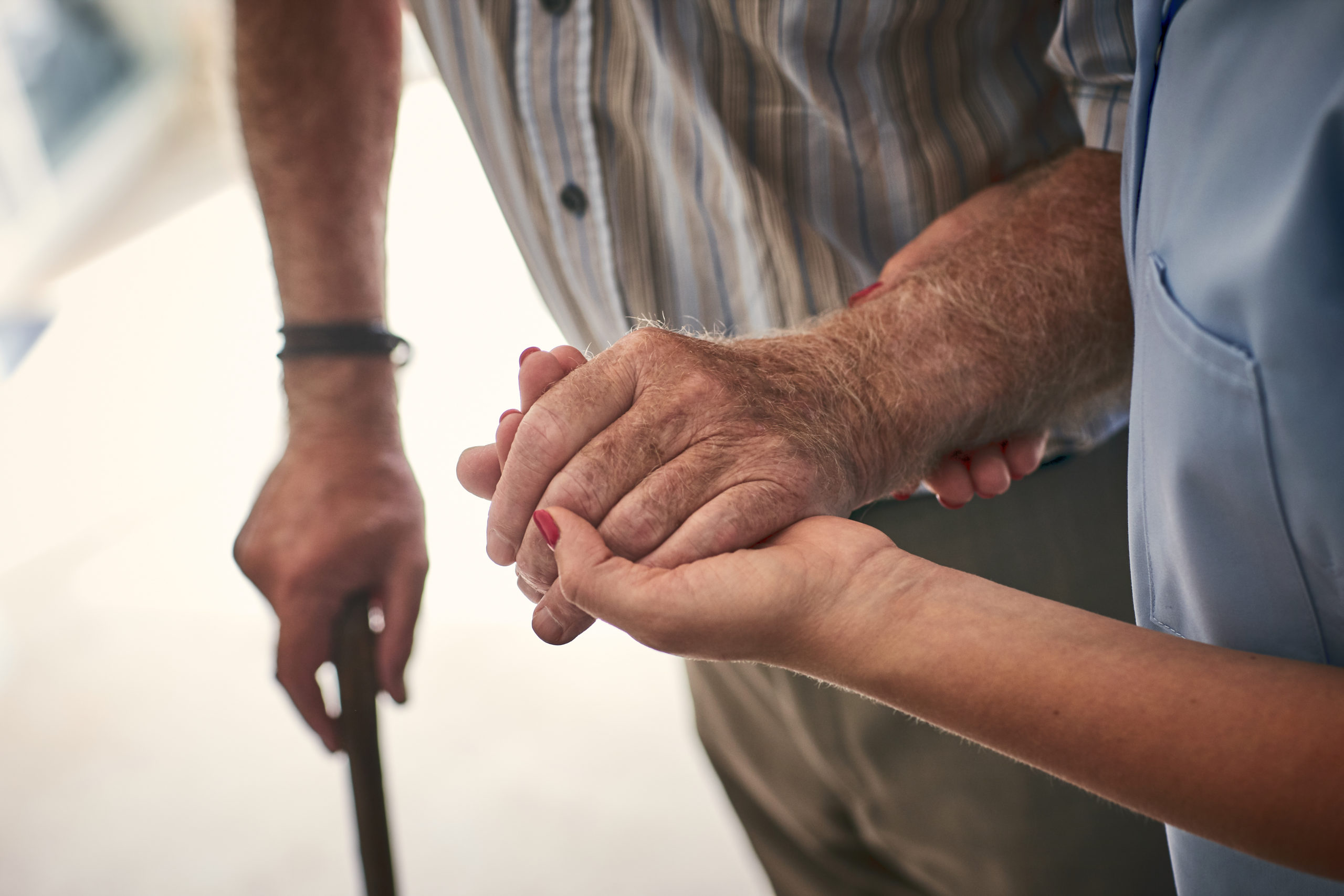
by Cherie Aviv, Chair, Holocaust Survivor Support Fund
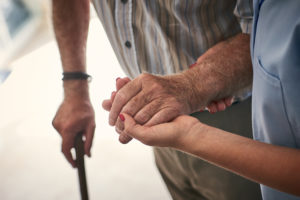
“Barry” (his name has been changed for privacy) grew up in a loving Jewish home attending synagogue, observing Shabbat, playing dreidel, and eating Jewish foods. But when the National Socialists came to power and enforced Nazi rule, Barry was forced to wear a yellow star, quit school, leave home, and was transported by train to Auschwitz. By jumping off the train, and not getting caught or killed, he hid in the forest and used his skills, determination, and drive to survive. His family was not as fortunate, and the horrors of that period left a mark on him, as they did on all Holocaust survivors.
Survivors of the Holocaust like Barry deserve to live out their lives comfortably, with dignity and support. Barry made a life for himself in Atlanta. As his health deteriorated, without family to care for him, financial resources to meet Barry’s needs became paramount. Jewish Family & Career Services (JF&CS) provided case management, and The Holocaust Survivor Support Fund (HSSF) provided funds so he could live his remaining days respectably and not alone, with a caregiver at his side. HSSF also provided Barry with grocery gift cards, medical assistance, prescription assistance, and transportation help.
HSSF, convened by Federation, provides funds to meet the needs of Holocaust survivors, like Barry, as they get older and to supplement Claims Conference funds from Germany that are sent to social service agencies, in this case JF&CS. Claims Conference funds are insufficient to meet the needs of Barry and others like him, making HSSF support vital.
To support this important outreach: https://jewishatlanta.org/give/donate/
Our Responsibility
Holocaust survivors have a short window to receive this precious care. It is an act of community responsibility and an expression of the Jewish value of chesed (loving kindness) to care for the final generation of survivors who are still with us. As dollars diminish, our support for HSSF provides this very special population the opportunity to live their remaining years as fully as possible and with dignity.
Who does HSSF Support?
In Georgia, at least 218 of the 277 Holocaust survivors receive financial, social, reparations assistance, or support services. Of these 218, two-thirds receive some type of financial assistance. Beginning in Fall 2020, HSSF funds also supported survivors in remote locations in the southeast that are served through JF&CS-Atlanta.
Needs are growing
The needs of survivors are growing as they age. The average survivor age is 86. More than 25 percent of survivors receiving financial support have annual incomes that fall below the Federal Poverty Level.
HSSF allocated over $1.5 million for survivors through March 2021.
Supporting HSSF helps provide:
- Home-delivered meals — this has a significant impact by providing peace of mind and the comfort of a reliable food source.
- Grocery gift cards to improve survivors’ physical health by giving them access to more nutritious food options and easing concerns about having enough food, which can be a source of anxiety.
- Prescription assistance, which takes a huge toll on survivors who may face large co-pays and often are on multiple expensive medications.
- Homecare, which provides the greatest need to help survivors with activities of daily living, from bathing, assistance with food intake, and basic human needs.
- And much more…
HSSF, convened by Federation, is a partnership of Jewish Federation of Greater Atlanta, Jewish Family & Career Services, Jewish HomeLife Communities, The Breman Museum, the Marcus Jewish Community Center of Atlanta, and Eternal Life-Hemshech to meet the increased needs of homecare, health care, social services, assisted living support, and financial assistance for Holocaust survivors in our community.
To support this important outreach, visit: https://jewishatlanta.org/give/donate/
To learn more about HSSF, visit: https://jewishatlanta.org/give/philanthropic-opportunities/hssf/

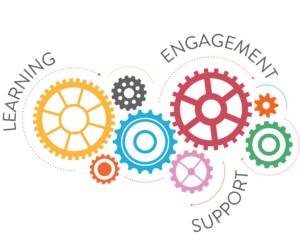
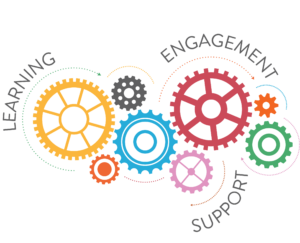 Thinking about our Jewish community as an interdependent ecosystem
Thinking about our Jewish community as an interdependent ecosystem 
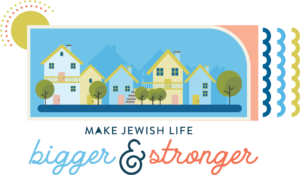 Federation’s Making Jewish Places initiative
Federation’s Making Jewish Places initiative 
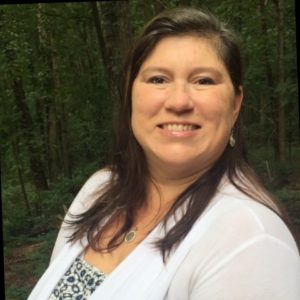 Passover is a challenging time. It is challenging to meet all the requirements, to prepare for family rituals, to prepare for Passover via Zoom instead of in person, and to balance the material world with the spiritual practice in a society that is not Passover friendly.
Passover is a challenging time. It is challenging to meet all the requirements, to prepare for family rituals, to prepare for Passover via Zoom instead of in person, and to balance the material world with the spiritual practice in a society that is not Passover friendly. 
 Wha
Wha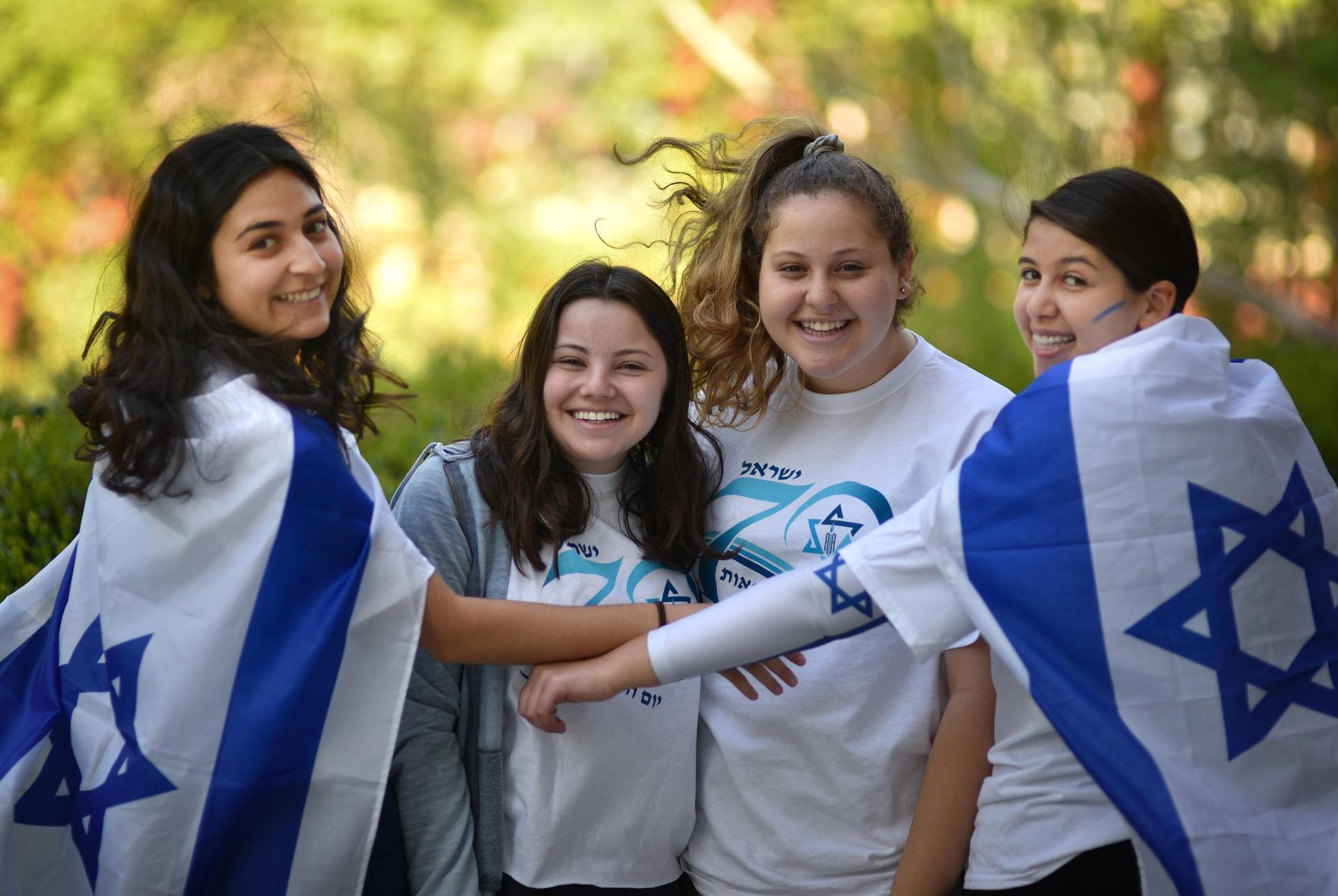
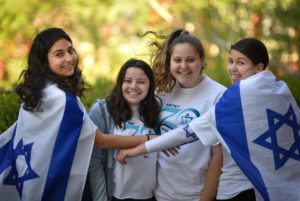 A group of grateful and generous Atlanta donors
A group of grateful and generous Atlanta donors